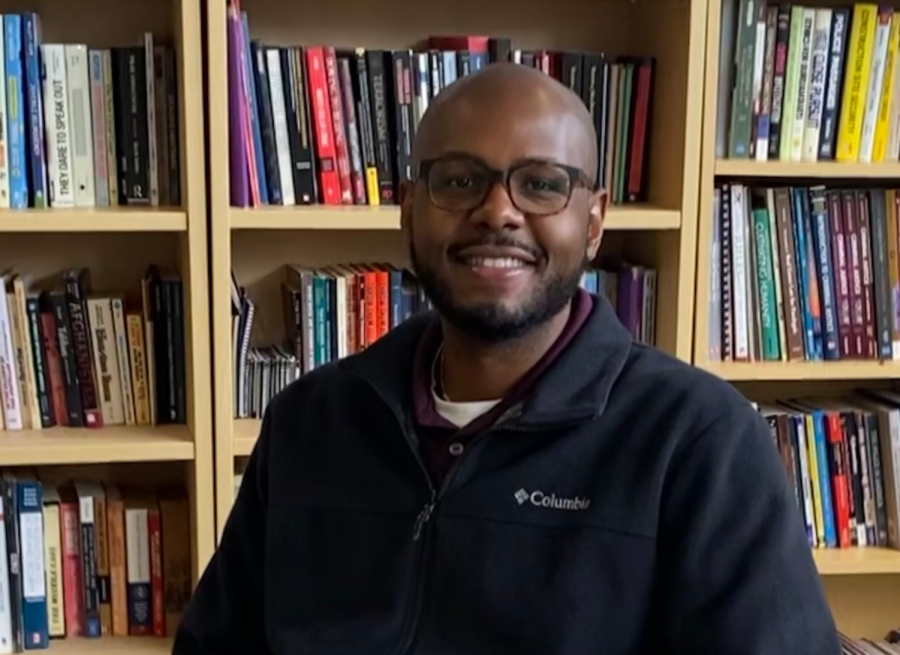Murder class teaches history of homicides
Professor Darian Senn-Carter, the interim director of the Homeland Security and Criminal Justice Institute, says the true crime class is a hit with students.
December 8, 2022
True crime junkies and criminal justice majors can enroll in a course that teaches the history of homicide.
In CJS 136, a criminal justice course, students learn about the process of an investigation from the psychological and legal perspectives. The course also explores motives for mass murder and serial murders.
“It would be one of those classes where you can consider it a fun elective class, but at the same time, you’re walking away with some knowledge that the common person may not have about crime,” Omary Branch, who is dual-enrolled at AACC and a four-year university, said.
The class began approximately 20 years ago, according to Darian Senn-Carter, the interim director and a professor in the Homeland Security and Criminal Justice Institute.
“There is a fascination with being attuned to criminal mischief, and discovering the who, what, when, where and how of crimes,” Senn-Carter said. Those interested in crime “often like to explore 1) what led to the crime, 2) how the crime was solved and 3) how to better protect ourselves and our loved ones.”
Branch agreed.
“I really don’t see myself ever in a position [to commit a] murder or homicide or be a criminal,” said Branch, who intends to enroll in law school after graduation. “But I think when it doesn’t apply to your life, there’s a sense of interest that we all as humans have.”
The class “is a great gateway course to the Homeland Security and Criminal Justice Institute for criminal justice majors, homeland security majors, and [for] the curious-minded student interested in true crime,” Senn-Carter said.
“Since I was about probably 8, I’ve been watching true crime shows with my sister and family,” Grace Lloyd, a second-year forensic police science student, said. “And that just kind of branched into wanting a career in criminal justice and forensics.”
Senn-Carter, who said the course is one of his favorite to teach, said students who take the course often are interested in crime scene investigations, criminology, pathology, victimology and detective work.
“It is expected that at the end of the semester, there will be a better understanding of homicide and how it is related to the American system of criminal justice,” Senn-Carter said.
“It is very engaging and is very fun,” Lloyd said. “And it’s very interesting to learn.”












